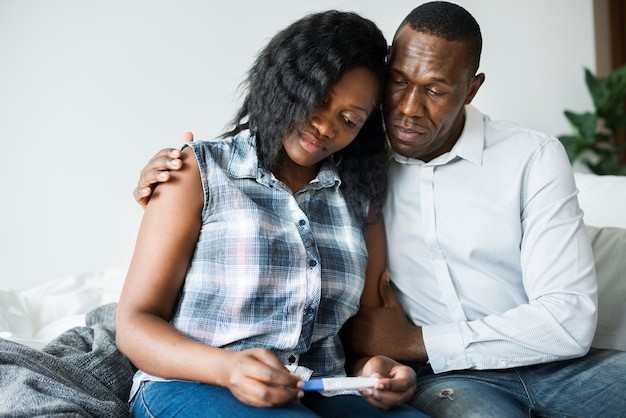Contraceptives are designed to help control the conception of babies until a couple is ready to start a family—or have more babies. However, some women have concerns that the constant use of birth control pills could affect their chances of getting pregnant when they want.
Most women get so anxious when things do not go the way they expect that they feel as if their chances of getting pregnant are suddenly slimmer due to their use of birth control measures.
Do you feel this way? Relax. We will be covering everything you need to know about birth control pills, the effect they have on your reproductive system, and at what point you need to visit your doctor for a proper evaluation.
So, do contraceptives cause infertility?

As we pointed out earlier, birth control pills are designed to help control conception whenever you are not ready as a woman. How does this happen? Well, ovulation is a necessary step in the natural conception process, and hormonal contraception prevents it.
The vaginal ring, patch, or pill you’ve been taking all include estrogen and/or progesterone. These hormones function to disrupt the body’s regular hormonal cycle, which in turn prevents ovulation.
Your body needs to make certain hormones for your ovaries to make and mature an egg. Estrogen from family planning methods stops your body from making these hormones.
Progesterone has two main effects on the body: first, it thickens the mucus around the womb’s opening to prevent the sperm from getting to the eggs; second, it thins the uterine lining, making it more challenging for an egg to implant.
How long does it take to get pregnant after you stop using contraceptives?

The body returns to ovulating after the chemicals from the birth control are no longer controlling it. Most women’s periods will return to normal after stopping hormonal birth control within three months; but for some, it might take a little longer. If your period doesn’t start or stops on its own within three months, you should see your gynaecologist.
Hormonal contraceptives have no long-term impact on fertility, but there are other factors that do. We know that a woman’s egg supply is limited and that egg quality declines with age. So, if you stop using contracetives before you turn 30, your chances of getting pregnant are much higher than if you stop using it after you turn 30. There is also a chance that an underlying problem with fertility could make it harder to get pregnant.
Bottom line
From a general perspective, you need to understand that even though we are all built the same, we are not the same. This means that while birth control pills are not designed to cause fertility issues in the long run, a woman’s personal situations might be the reason why she is finding it difficult to get pregnant.
If you want to be certain, get a fertility check so you can understand what you are dealing with and the next steps to take.


